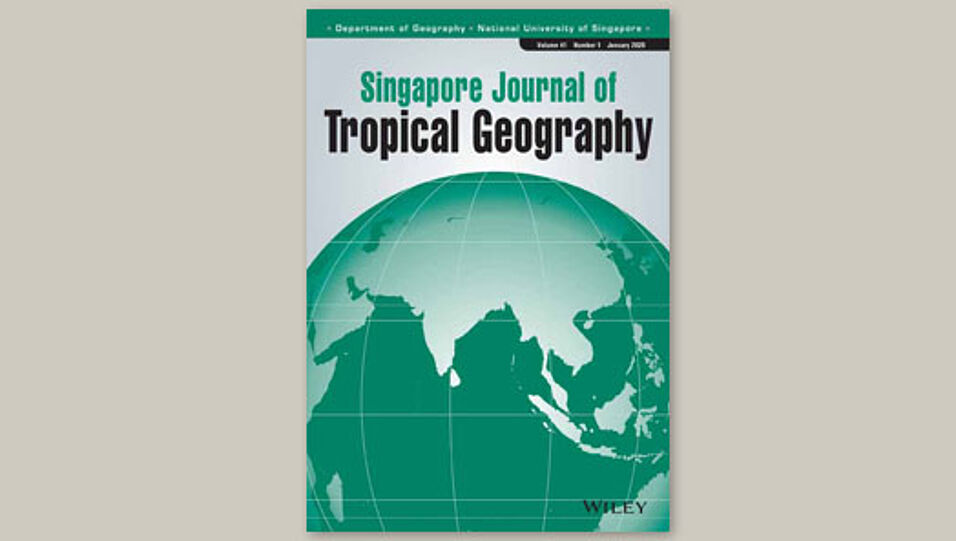In: Singapore Journal of Tropical Geography, 41 (1), 86-104 - doi.org/10.1111/sjtg.12309
Abstract
Climate change adaptation (CCA) ‘barriers’ are frequently seen as responses to biophysical climate impacts, and thus defined as ‘obstacles’ to be ‘overcome’, rendered into categories of the techno‐managerial. However, barriers are often undertheorized and are blind to explanations of their origins or the causal mechanisms by which they operate. This is especially complex for barrier critiques in the Global South in particular. Using a ‘hybrid’ assemblage and postcolonial approach, this paper disentangles existing barrier critiques in Thailand to lay bare underlying power imbalances and tensions. It finds that ‘simplistic’ vulnerability framings have deep roots in postcolonial histories; ‘complacent’ mainstreaming/budgeting trajectories have been nurtured by various IOs, and not necessarily much‐maligned Thai bureaucrats; and limited technical expertise/willingness to engage are not so illogical, but rather results of diverse external forces. Given this, this paper urges institutional actors and researchers to reflect on epistemology, ontology, and their own positionality when assessing barriers in future.

